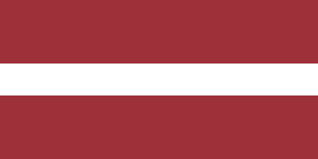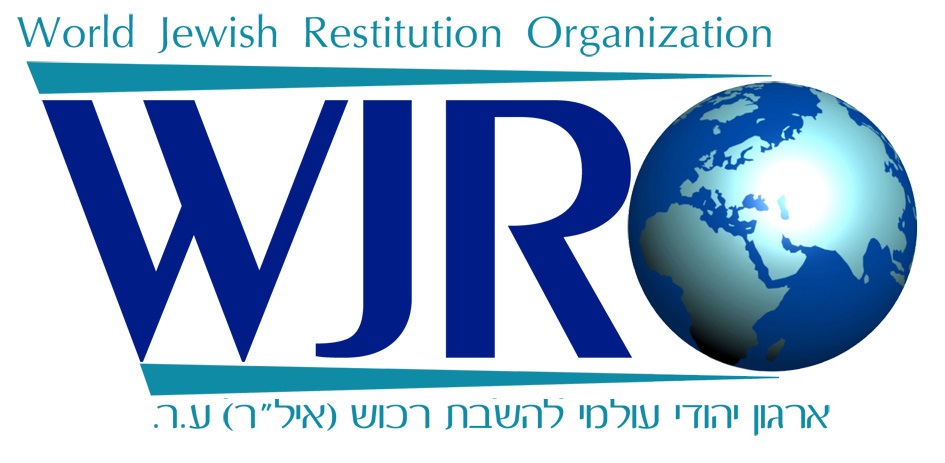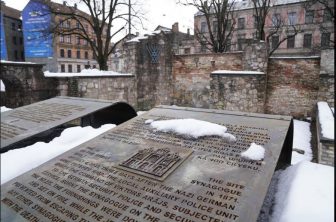
Latvia
The thriving pre-war Jewish community of Latvia suffered enormous losses during the Holocaust. Approximately 95,000 Jewish people lived in Latvia before the war. About 9,500 Jewish people currently reside in the country.

Synagogue of Daugavpils
The private property claims process covered property seized beginning in 1940, had no citizenship or restitution requirement, and municipal authorities, typically the final claims arbiters, were to provide substitute property or government vouchers if the actual property could not be returned. However, reasonable substitute property was rarely available and the short claims period and limited notification about the program prevented many former property owners from submitting claims. Additionally, Latvia has not provided restitution for heirless property.
On February 10, 2022, the Latvian Parliament adopted a historic law on religious and communal property restitution, which is the result of efforts led by WJRO and the Latvian Council of Jewish Communities (LCJC). President Egils Levits signed the bill into law on February 21, 2022.
This bill, which completes the process of Jewish communal and religious property restitution in Latvia, provides reimbursement for immovable properties belonging to Jewish religious and communal organizations before the Soviet occupation of Latvia in June 1940, and Jewish heirless property, which could not be previously returned through denationalization laws. This legislation will provide €40 million ($46 million) in funding, to be used to revitalize the Latvian Jewish community, provide social and material assistance to Holocaust survivors from Latvia, and preserve the memory of those who perished. WJRO serves on the Council of the Latvian Jewish Community Restitution Fund (LEKOREF), which is the foundation responsible for managing and distributing the funds over the next ten years.

Jewish Cemetery in Krustpils
This positive result comes after years of negotiations involving WJRO, the LCJC, and high-level Latvian government officials. Prior to this law, Latvia had provided restitution for only a small number of Jewish communal properties. The Law on the Restitution of Property to Religious Organizations (1992) provided for the return to “religious” organizations of “religious” property – primarily houses of worship and related property – confiscated between 1940 and 1992. The decimation of the Jewish community during the Holocaust and limitations on Jewish religious life during the German and Soviet occupations made it more difficult for the Jewish community to establish ownership rights to communal property than was the case for major Christian churches. Additionally, the law provided for restitution to be made to the organization that owned the property or to the central authority of the religion. Because Jewish communities in Latvia did not have a central authority, there was no provision for restitution of Jewish communal property in communities that were wiped out in the Holocaust. Accordingly, the government returned only around 20 properties – mostly synagogues – and paid compensation for several others to the small religious Latvian Jewish community.
In February 2016, after years of talks with the LCJC, assisted by WJRO, the Latvian Saeima passed legislation that restituted an initial five properties. This legislation was intended as a step toward addressing the remaining Jewish communal properties that have not been restituted. The legislation adopted in February 2022 completes the process of Jewish communal and religious property restitution in Latvia.
Resources and Links
Link to Aid to Latvian Survivors Program
ESLI Overview of Immovable Property Restitution/Compensation Regimes – Latvia
European Shoah Legacy Institute
December 2016
US Department of State – Justice for Uncompensated Survivors Today (JUST) Act Report
July, 2020 – Latvia – Contents on page 100








